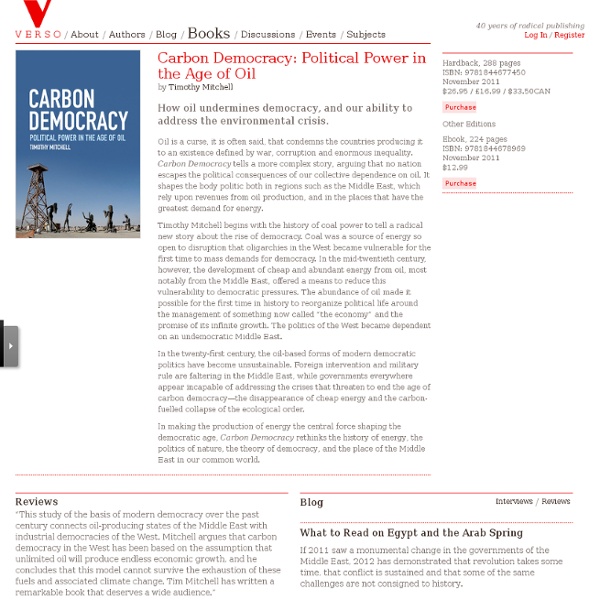Resources for Reform: Oil and Neoliberalism in Argentina - Elana Shever
"Resources for Reform is a highly interesting study that will very likely become an obligatory reference for scholars studying the effects of privatisation policies in Latin America and those interested in understanding the framework of Argentina's current oil policy. Its dynamic style makes it accessible to both graduate and undergraduate students."—Marcelo Bucheli, Journal of Latin American Studies "Resources for Reform is an exemplary, well written and very accessible account of a highly complex story encompassing poor and rich Argentines, hard-working industry labourers and people struggling to get by, as well as politicians, lawyers, international consultants, and corporate representatives who have all contributed, in one way or another, to tying Argentina's oil industry more tightly into a global neoliberal regime."—Gisa Weszkalnys, Anthropology of this Century "Some of the best work I have read on neoliberalism, citizenship, and affect.
Plundered Nations?
The study of natural resource extraction in resource-rich countries often shows that plunder, rather than prosperity, has become the norm. Management of natural resources differs widely in every state; a close examination of the decision making chains in various states highlights the key principles that need to be followed to avoid distortion and dependence. This book consists of eight case studies investigating the political economy of the decision chain, revealing where various states have met with success, or failed disastrously. This original research provides a unique insight into how different countries have handled their resource extraction. This book is essential reading for students, researchers and policy makers working across development economics and natural resource economics. 'Plundered Nations is a very important book at a crucial time. Key Decisions for Resource Management: Principles and Practice; P. ANTHONY J.
What to Read on Oil
The global economy runs on oil. Sea, air, and land transportation (of both goods and people) and the manufacture of a vast array of products, from plastic and paint to textiles and flooring, all depend on petroleum. This quintessential product of modernization and globalization, however, constitutes one of the greatest exceptions to the rules by which the globalized world is generally governed. The governments of advanced industrial democracies have relinquished the use of oil as an instrument of foreign and industrial policy, dismantling their state-owned oil companies and allowing oil and oil products to be priced freely in open markets. But elsewhere, particularly among members of OPEC (the Organization of Petroleum Exporting Countries), governments take an opposite tack. The Prize: The Epic Quest for Oil, Money, and Power. Hubbert's Peak: The Impending World Oil Shortage. A debate is currently raging among geologists and economists over whether global oil production has peaked.
Money, Oil, and Empire in the Middle East
This book is an important political and economic history of the unravelling of the British Empire and its connection to the decline of sterling as a leading international currency. Analyzing events such as the 1951 Iranian oil nationalization crisis and the 1956 Suez crisis, Steven Galpern provides a new perspective on British imperialism in the Middle East by reframing British policy in the context of the government's postwar efforts to maintain the international prestige of the pound. He reveals the link that British officials made between the Middle Eastern oil trade and the strength of sterling and how this influenced government policy and strained relationships with the Middle East, the United States, and multinational oil firms. In so doing, this book draws revealing parallels between the British experience and that of the United States today and will be essential reading for scholars of the British empire, Middle East studies and economic history.
Daniel Yergin
Daniel Howard Yergin (born February 6, 1947) is a Pulitzer Prize-winning American author, speaker, and economic researcher. Yergin is the co-founder and chairman of Cambridge Energy Research Associates, an energy research consultancy that is now part of IHS Inc. He is best known as author of The Prize: The Epic Quest for Oil, Money, and Power and The Quest: Energy, Security, and the Remaking of the Modern World. Early life and education[edit] Born in Los Angeles, California to a Chicago Tribune reporter father and a mother who was a sculptor and painter, Yergin attended Beverly Hills High School.[1] He received his B.A. from Yale University in 1968, where he served on the board of the Yale Daily News, and was a founder of The New Journal. Career[edit] From 1977 through 1980, he was a Lecturer at the Harvard Business School and, until 1983, a Lecturer at Harvard's Kennedy School of Government. Books[edit] He co-authored and co-edited with Robert B. Peak oil controversy[edit] References[edit]
Reading...



